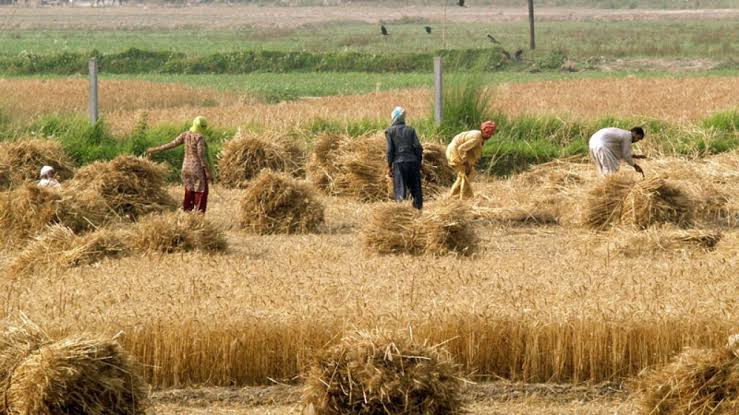After Pakistan’s independence in 1947, the country set out to develop its agricultural sector. The Pakistani government initially focused on developing infrastructure, such as roads and irrigation systems, to improve the country’s agricultural production. It made investments in research and development, which led to the introduction of many new high-yielding crop varieties.
The government also encouraged farmers to adopt modern agricultural technologies, such as tractors and mechanized production systems. These investments paid off, and by the end of the 1960s, Pakistan had achieved self-sufficiency in food production.
By the 1970s, Pakistan had become a major exporter of food, including wheat, rice, and cotton. The country also developed a strong dairy industry, and today, Pakistan is the world’s fourth-largest producer of milk. Pakistan’s agricultural sector is a major driver of the country’s economy. According to the World Bank, the sector accounts for around 21% of Pakistan’s GDP and employs almost 44% of the country’s workforce.
Currently, the agricultural industry in Pakistan is facing a significant downfall due to a number of factors. The decline in the agricultural sector is causing a massive economic distress for the country. There are various factors contributing to the downfall of the agricultural industry in Pakistan.
The first factor that is causing the decline of the agricultural sector is the lack of access to modern technology. It is largely dependent on traditional practices and methods that are not efficient and effective. The lack of access to modern technology has resulted in a decrease in productivity and output. This has resulted in a decrease in income for farmers and the overall production of agricultural products.
The second factor contributing to its decline is the lack of access to adequate resources. The resources available to farmers are limited. This includes access to land, water, fertilizer, and other inputs. The lack of access to these resources has resulted in a decrease in production and income for farmers.
The third factor is the lack of proper government support. The government has not provided the necessary financial and technical assistance to the agricultural sector. This lack of support has resulted in a decrease in productivity and output.
The fourth factor contributing to the downfall of the agricultural sector in Pakistan is the lack of access to markets. The lack of access to markets has resulted in decline of exports. Finally, the fifth factor contributing to the decline of the agricultural sector is the lack of access to finance. The lack of access to finance has caused a decrease in production & income for farmers.
The lack of access to resources, modern technology, government support, and markets is adversely affecting productivity of agricultural sector. This situation demands an immediate response on an emergency basis to save the worsening of already fraught economic condition. In case of default the only lifeline a country is left with is its own production. There is a dire need of long-term plans with the help of effective and in-time policy measures. But an immediate remedy to this deepening crisis in agricultural domain can be transfer of its responsibility to an organization with ample experience in crisis management.
Pakistan Army can be a viable option in this regard. History tells that whenever Pakistan found itself in crisis – driven by political or bureaucratic failures Pakistan Army remained at the forefront to help its people. Whether it be Covid-19 pandemic, seeking bailout packages, flood relief or other disaster management Pakistan Army played a vigilant role to aid the country. If given the agriculture sector the armed forces with its well-trained & hardworking human resource can help Pakistan to overcome this crisis.


